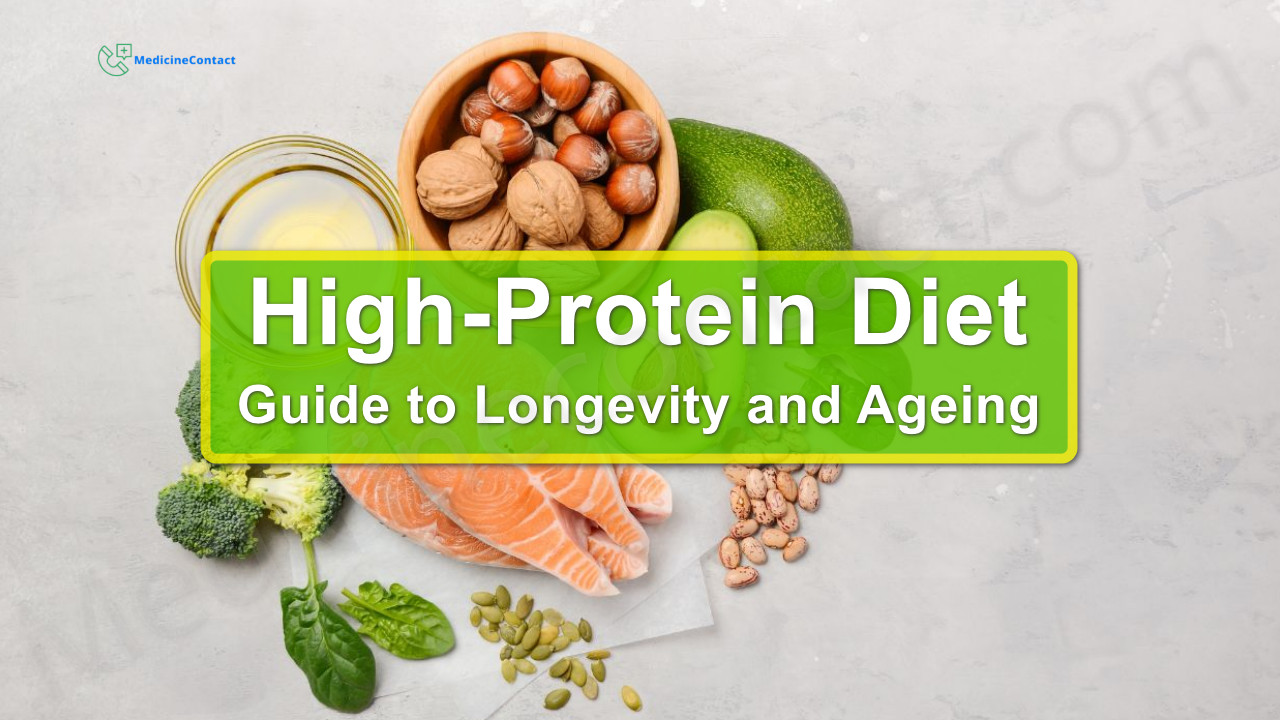
Protein Intake on the Controversial Carnivore Diet
The carnivore diet, as its name implies, involves eating only animal-based foods and eliminating all other food groups. Followers of this ultra high-protein diet consume meat, fish, eggs, and dairy while avoiding carbohydrates, fruit, vegetables, grains, legumes, nuts and seeds entirely.
What is the Carnivore Diet?
This restrictive diet was popularized by orthopedic surgeon Dr. Shawn Baker, who claims he resolved his own health issues and improved his athletic performance through eating only animal products. The carnivore diet also draws roots from early Inuit tribal diets which were comprised of mostly meat and fish.
Proponents of the diet argue that humans evolved to mainly eat meat rather than plant foods. Thus they claim consuming only animal foods aligns best with human genetics and can cure inflammation, digestive distress, mood disorders and excess weight gain.
Nutritional Concerns
However, most mainstream nutrition authorities have serious concerns about the nutrient deficiencies and imbalances this diet can cause over time. By cutting out all fruits, vegetables, grains and legumes, followers fail to consume adequate vitamins, minerals and fiber for supporting health.
Protein Recommendations on the Carnivore Diet
Those who practice the carnivore diet lifestyle obtain almost all their calories and nutrients from high protein animal foods. But how much protein should someone actually aim to eat?
No Universal Recommendation
Unlike a typical balanced diet, there is no standard recommended daily intake of protein or calories for followers of the carnivore diet. Advocates vary widely in their suggested protein goals.
Some carnivore enthusiasts insist dieters don’t need to track or restrict protein at all. They suggest listening to your body’s hunger signals and eating whichever meat and animal products you crave whenever hungry.
However, most carnivore promoters recommend keeping protein intake levels on the higher side, around 2 grams per kilogram of lean body mass or higher. For a 200 pound person at 15% body fat, that equates to around 190 grams of protein daily.
Higher Protein Targets
Certain carnivore advocates who are athletes or are extremely physically active recommend even higher protein goals between 400-800+ grams per day. They reference evolutionary evidence showing hunter-gatherers likely consumed very large amounts of meat.
Higher protein targets in this range generally equate to eating around 2-5+ lbs of uncooked meat, fish and eggs daily. Most average non-athletes will have issues stomaching that sheer volume of food on an ongoing basis however.
Sources of Protein on the Carnivore Diet
All protein sources come from animal foods on this restrictive regime. Here are details on the main sources of protein those following a carnivore diet rely on:
Red Meat
Most carnivore dieters get 50% or more of their daily protein from red meats like beef, lamb and bison. Red meats not only offer high protein levels, but also important micronutrients like iron, zinc and B12.
Common red meat choices are ribeye, ground beef, stew meat cuts, or brisket. Grass-fed and finished beef is preferred by most adherents to maximize nutrition.
Poultry
After red meat, poultry like chicken and turkey accounts for another 20-30% or more of average protein intake on the carnivore diet. Fattier cuts of poultry and skin are encouraged to bump up calories and fat ratio.
Duck, goose, quail and other fowl are also suitable protein sources. Just ensure all poultry is from pasture-raised sources when possible.
Pork
About 10-20% of protein usually derives from pork products like ham, bacon, pork chops, ribs, lard and sausage. Pork can be higher in unsaturated fats than other meats, so consumption levels vary between individuals.
Fish and Other Seafood
Cold water fatty fish like salmon, sardines, mackerel and cod make excellent additions to provide omega-3s. Shellfish like clams, mussels, crab and lobster also offer valuable nutrients.
Those without seafood allergies should aim for 1-2 seafood meals weekly for nutritional diversity even while restricting other food groups.
Eggs and Dairy
While not as protein dense by volume, eggs and full-fat dairy like cheese can round out macronutrient needs. Greek yogurt and kefir can provide probiotic cultures to support gut health too.
Just stay away from low-fat or sweetened dairy products, which tend to have more additives and carbs.
Is Extremely High Protein Intake Safe?
Consuming 400+ grams of protein daily long-term far exceeds standard nutritional recommendations. So is it actually safe to eat such unusually high proportions?
Kidney Strain
The carnivore diet’s extreme protein load may put strain on the kidneys over months and years. Those with existing kidney issues should be especially cautious with this regimen.
Ketosis from carb restriction also causes fluids and minerals to flush out frequently through urine. This dehydration and electrolyte imbalance can further tax renal function.
Gut Issues
Transitioning suddenly to zero carbs and fiber is a huge shock to the digestive system. It can disrupt the balance of gut flora, causing dysbiosis, constipation in some and loose stools in others.
The high protein intake also increases ammonia production in the colon, which can be toxic if not efficiently converted to urea by gut bacteria.
Nutrient Deficiencies
Though animal foods contain many vitamins and minerals, critical gaps like vitamin C, calcium and magnesium still arise from excluding all vegetables, fruit and plants. Deficiency symptoms might develop over months or years.
Routinely checking blood nutrient markers is wise to catch any issues early when on such an unconventional diet.
Making Enough Calories on Carnivore
Another challenge with the carnivore diet is the sheer quantity of dense, protein heavy foods required becomes difficult to consume adequate calories for energy needs.
Eating More Fat
Focus on incorporating sufficient higher calorie fat sources like fatty beef, bacon, pork belly, ribeye caps and lamb. Full-fat dairy, butter and tallow or lard should also help.
Adding Organ Meats
Incorporate more energy-dense organ meats like liver or brain. Ancestral societies prized these nutritional powerhouses. Liver is especially high in vitamin A, folate and bioavailable iron.
Snacking as Needed
Listen to your hunger and snack whenever you need. Hard boiled eggs, full-fat cheese sticks, bacon snacks, or leftover meat and bone broth make easy high-calorie grabs.
The carnivore diet certainly flies against modern dietary advice. While its extremely high protein intake has risks, followers claim feeling their best eating only animal foods. As with any extreme diet, consult your doctor before jumping in.
FAQs
How much protein should I aim for each day on the carnivore diet?
There’s no consensus, but most followers recommend around 2 grams of protein per kilogram of lean body mass as a minimum. So for a 200 pound person at 15% body fat, that equals around 190 grams protein daily. Athletes may aim for up to 400-800 grams.
What are the best cuts of meat for getting enough fat?
Choose fattier cuts of red meat like ribeye, ground beef, brisket or chuck roast. Pork belly and thick cut bacon also provide fat. Skin-on poultry and fatty fish like salmon help meet needs too.
Can I eat unlimited protein on the carnivore diet?
It’s best not to vastly exceed your needs long-term. Consuming 400+ grams per day stresses the kidneys. Monitor urination frequency, hydration and renal lab markers to ensure your system can handle your intake levels.
What if I’m struggling to eat enough calories?
Focus on calorie-dense foods like fatty meat, butter, cheese and organ meats. Frequently snack on boiled eggs, leftover meat or bone broth. Listen to hunger signals rather than forcing feedings if appetite suffers however.
Disclaimer: This article is for informational purposes only and does not constitute medical advice. Always consult with a healthcare professional before starting any new treatment regimen.




